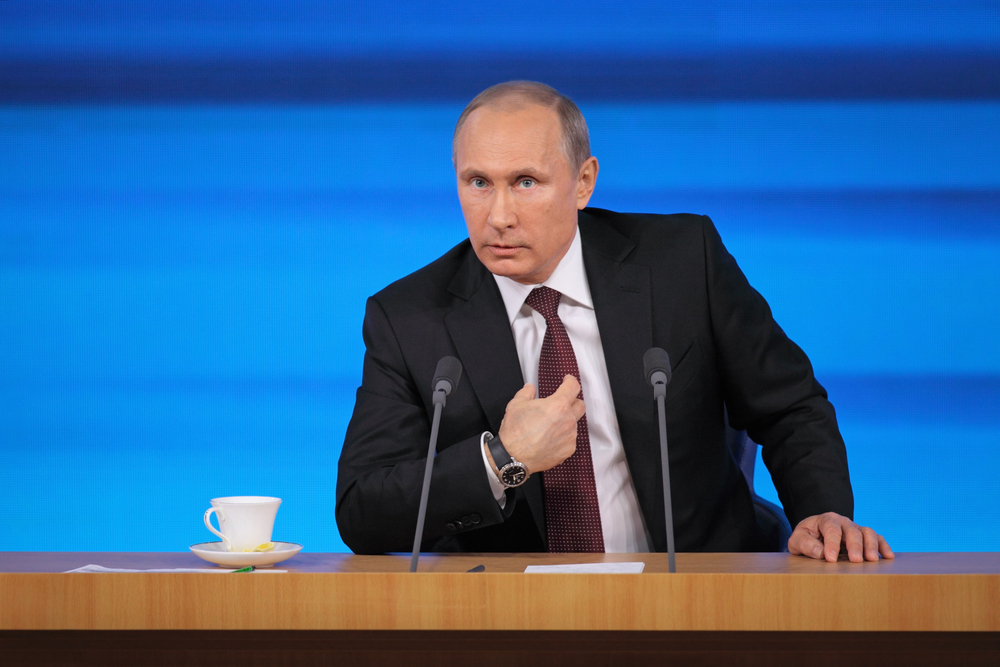Independent political elites in Russia have been completely eradicated.
Others are reading now
Although Vladimir Putin, now 71, continues to lead Russia with an iron fist, significant questions about the country’s future remain.
Political Elite Eradicated
With a political landscape purged of any potential challengers, the transition to a post-Putin era raises significant concerns.
Nikolai Petrov, a former presidential advisor to Boris Yeltsin and a professor of political science at Moscow’s Higher School of Economics, has provided a detailed analysis of Russia’s prospects after Putin.
Petrov, also a specialist at the British think tank Chatham House, recently shared his insights with Adevărul according to Ziare.
Also read
Petrov notes that since the outbreak of the Ukraine war in 2022, independent political elites in Russia have been completely eradicated.
This consolidation of power under Putin has created a stable, yet increasingly autocratic regime. Despite his advancing age and declining health, Putin remains a dominant figure, though his decision-making process is now slower and more cautious.
Lacks Influential Figures
Petrov warns that Russia could face significant instability following Putin’s death or departure. He suggests that any potential successor in an autocratic regime would need substantial military backing, citing Chechen leader Ramzan Kadyrov as an example, who essentially controls his own private army.
The future of Russia post-Putin, according to Petrov, is unlikely to see immediate improvements. The country lacks the necessary institutions, influential figures, and political culture to ensure a smooth transition.
The most probable outcomes are a period of chaos followed by either a new form of authoritarianism or a slight movement towards democracy. However, the ongoing war in Ukraine could diminish the already slim chances of the latter.


